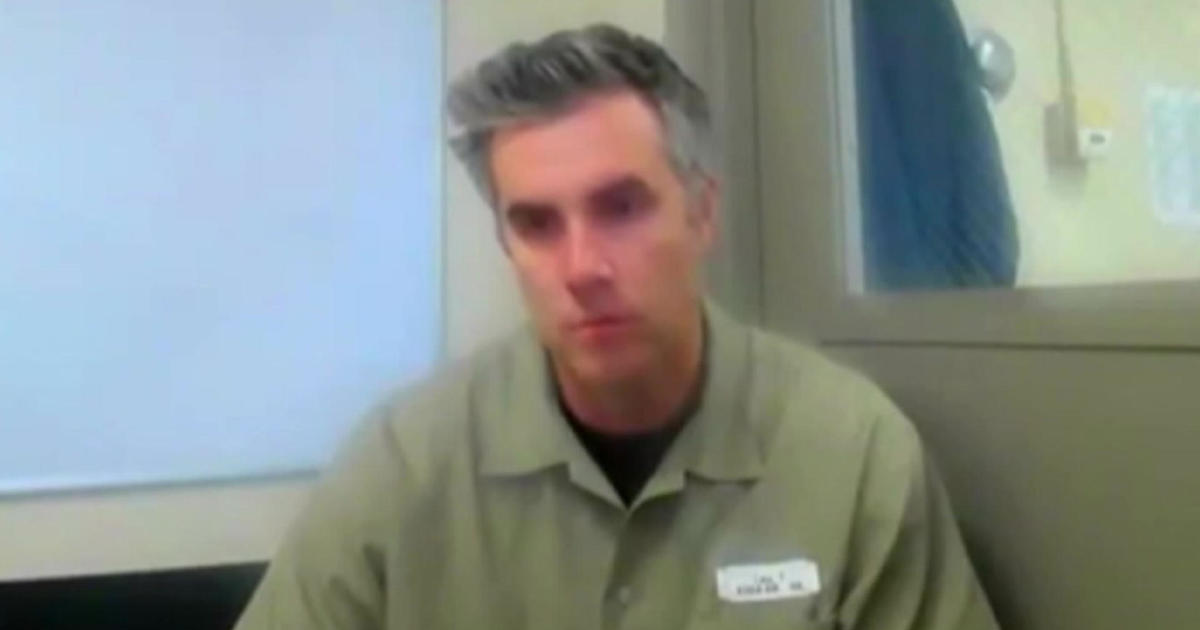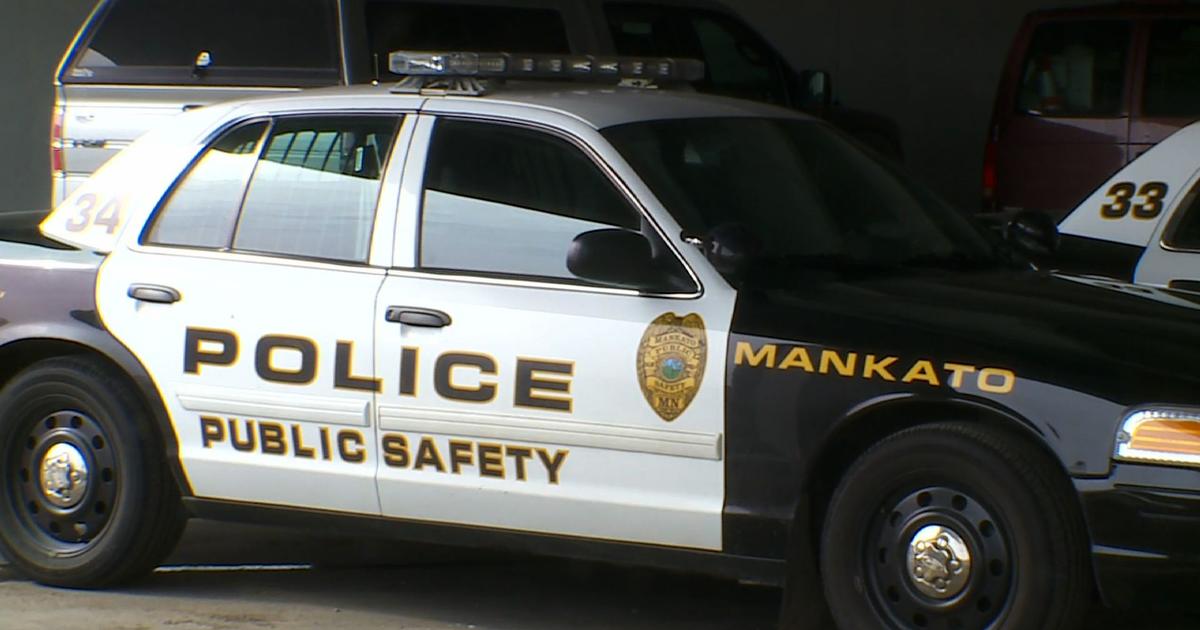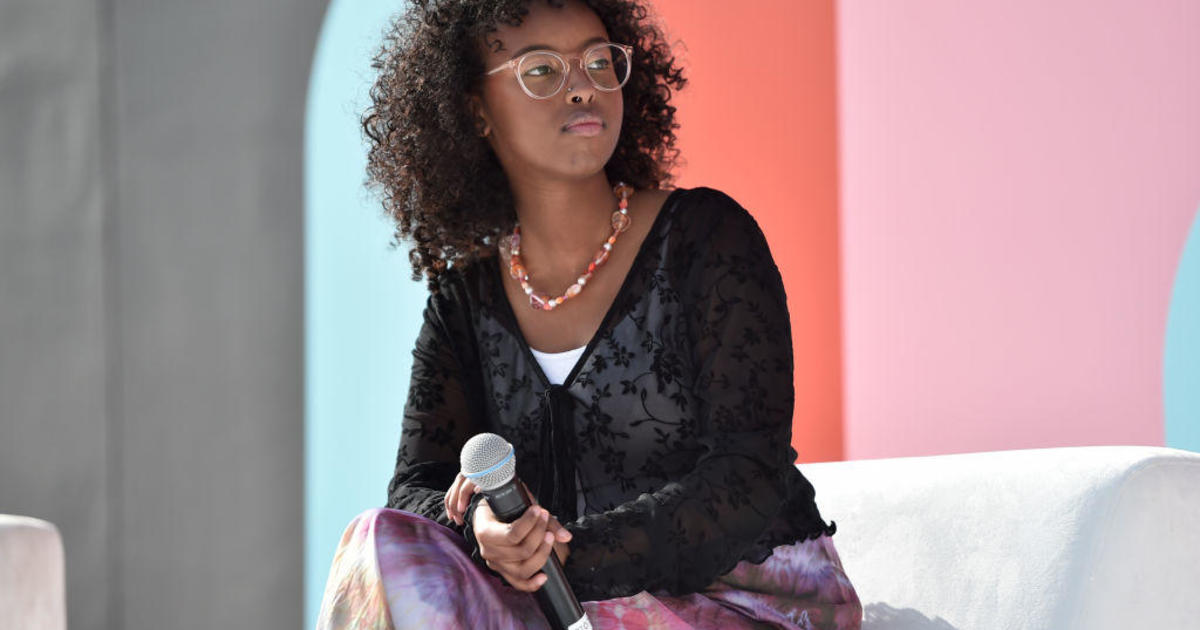Derek Chauvin Trial, April 5 Live Updates: MPD Inspector Who Oversaw Training Division Says Chauvin's Kneel Is 'Not What We Train'
UPDATE (4:35 p.m.): Katie Blackwell, the Minneapolis Police Department's 5th Precinct inspector and former training commander, spent most of her time on the witness stand answering questions about the department's training protocols.
She was also shown and asked about Derek Chauvin's training records. Blackwell said she's known Chauvin for almost 20 years.
Schleicher asked Blackwell to confirm that Chauvin had training on defensive tactics multiple times, which she did. He also asked about medical training, specifically the concept of "positional asphyxia."
"How long have you known about the dangers of positional asphyxia?" Schleicher asked.
"We were taught about positional asphyxia all the way back to my academy," Blackwell said.
The state displayed a still image of Chauvin kneeling on George Floyd and asked Blackwell if that is a technique on which the Minneapolis Police Department trains officers.
"It is not," Blackwell said. "I don't know what kind of improvised position that is, so that's not what we train."
After a brief cross examination by defense attorney Eric Nelson, Blackwell was excused.
Court is in recess until Tuesday morning.
UPDATE (3:50 p.m.): Minneapolis Police Chief Medaria Arradondo has finished testifying and the state is calling its next witness, 5th Precinct Inspector Katie Blackwell, who previously was a commander in the department's training division.
Before Arradondo left the stand, defense attorney Eric Nelson asked him about the restraint Derek Chauvin used on George Floyd on May 25, 2020.
"I vehemently disagree that that was the appropriate use of force for that situation on May 25," Arradondo said.
Nelson also showed Arradondo two video clips, one from Darnella Frazier's bystander video of Floyd's arrest and one from then-officer J. Alexander Kueng's body camera. Both clips showed the same timeframe, with Chauvin kneeling on Floyd just before Floyd was placed on a stretcher and loaded into an ambulance.
Nelson asked Arradondo if, in the clip from Kueng's perspective, Chauvin's knee appeared to be more on Floyd's shoulder blades than his neck. Arradondo agreed.
Prosecutor Steve Schleicher followed up by asking if, during the clips shown, Arradondo saw Floyd actively or passively resisting or being actively aggressive.
"No," Arradondo said. "Matter of fact, as I saw the video, I didn't even know if Mr. Floyd was alive at the time."
Schleicher asked Arradondo about the maximal restraint technique and the side recovery position, topics that have come up in testimony several times.
The prosecutor also asked about de-escalation tactics.
"Would one way to de-escalate the crowd, who's experiencing something shocking, be to stop doing the thing that's shocking?" Schleicher asked while a still of Chauvin kneeling on Floyd was displayed.
"Absolutely," Arradondo replied.
UPDATE (3:05 p.m.): Defense attorney Eric Nelson started off his cross examination of Minneapolis Police Chief Medaria Arradondo by asking the chief when he last arrested a suspect.
"It's been many years, sir," Arradondo said.
Much of Nelson's questioning focused on the difference between departmental best practices and policy and the situational nature of MPD policies.
During one line of questioning, Nelson asked Arradondo if he was familiar with the phrase, "Sometimes you have to escalate to de-escalate."
"I have not heard that," Arradondo said.
He also asked Arradondo if he would agree that the use of force is not an attractive notion.
"I would say that use of force is something most officers would rather not use," Arradondo said.
Nelson showed Arradondo, and later the court, a clip from ex-officer J. Alexander Kueng's body camera footage from May 25, 2020, in which someone can be heard saying an ambulance is on the way.
As Nelson indicated he was going to question Arradondo about MPD's neck restraint policy, Judge Peter Cahill called for an afternoon break.
Court will resume around 3:20 p.m.
UPDATE (2:20 p.m.): Minneapolis Police Chief Medaria Arradondo says ex-officer Derek Chauvin's actions on May 25, 2020 were "not part of our policy."
"That is not what we teach and that should be condoned," Arradondo said. "Once Mr. Floyd had stopped resisting and certainly once he was in distress and trying to verbalize that, that should have stopped."
Prosecutor Steve Schleicher specifically asked Arradondo if he thought Chauvin was adhering to the Minneapolis Police Department's policies on de-escalation.
"I absolutely do not agree with that," Arradondo said. "That action is not de-escalation."
Arradondo also said he believed Chauvin violated the department's restraint and medical response policies.
Arradondo said he viewed surveillance video of George Floyd's arrest on the night of the incident. It was later that night that a community member made him aware of the bystander video, telling him, "Chief, have you seen the video of your officer choking and killing that man at 38th and Chicago?"
UPDATE (1:30 p.m.): Court is back after a lunch break and Minneapolis Police Chief Medaria Arradondo is still on the stand and being questioned by the state.
UPDATE (12:34 p.m.): For more than an hour, Minneapolis Police Chief Medaria Arradondo was questioned by prosecutors Monday about his history with the force, department policy and officer training.
The questioning has yet to turn to what happened on May 25, when Derek Chauvin knelt on George Floyd's neck outside a south Minneapolis convenience store. The chief is set to be questioned and cross examined following a lunch break. Court is scheduled to resume at 1:30 p.m.
UPDATE (11:15 a.m.): Minneapolis Police Chief Medaria testifies in the trial of Derek Chauvin.
When prosecutor Steve Schleicher asked about what it means to be a police officer, Arradondo said that "the badge means a lot," explaining that a citizen's interactions with officers could be their first -- and possibly only -- interaction with government. The chief says this underscores officers' duty to treat people with dignity.
Arradondo joined the Minneapolis Police Department in 1989 and steadily rose through the ranks, serving in leadership roles in several areas of the department. He became the chief of police in July of 2017.
UPDATE (11:06 a.m.): Dr. Bradford Langenfeld, the doctor who pronounced George Floyd dead on May 25, is being questioned by Eric Nelson, the attorney for Derek Chauvin.
Langenfeld testifies that fentanyl and methamphetamine can cause hypoxia, or oxygen deficiency. The autopsy report found both drugs in Floyd's system.
Langenfeld told the court that Floyd's blood gas sample showed that he had elevated levels of CO2. When asked about the primary reason that fentanyl is considered dangerous, he said it's because it suppresses breathing.
UPDATE (9:54 a.m.): The first witness to give testimony Monday was Dr. Bradford Langenfeld, the doctor who pronounced George Floyd dead on May 25.
Langenfeld was a senior resident at Hennepin Healthcare during the summer of 2020. He testified that Floyd was in cardiac arrest when he arrived at the downtown Minneapolis hospital.
When asked if Floyd's heart was ever beating on its own, Langenfeld said: "Not to a degree sufficient to sustain life."
Langenfeld said that Floyd arrived at the hospital in PEA (pulseless electrical activity) state, meaning that he had no pulse but did show some electrical activity. The doctor said that PEA state can suggest hypoxia, or low oxygen.
When asked if drugs could have caused Floyd's cardiac arrest, Langenfeld said yes, but he had no information on what drugs Floyd might have taken and therefor could not give an antidote.
When prosecutor Jerry Blackwell asked what his leading theory was in regard to Floyd's cardiac arrest, Langenfeld answered that it was asphyxia, or oxygen deficiency.
UPDATE (9:28 a.m.): Minneapolis Police Chief Medaria Arradondo is set to testify Monday in the trial of former Minneapolis police officer Derek Chauvin.
Eric Nelson, Chauvin's attorney, confirmed this during a motions hearing Monday morning. Also set to testify Monday are Cmdr. Katie Blackwell and Sgt. Ker Yang; both are from the Minneapolis Police Department.
Nelson asked Judge Peter Cahill to limit the officers' testimony so that they can't give their opinion on Chauvin's use of force during the arrest of George Floyd. Nelson also objected last week to the opinions given by other high-ranking officers, one of which who told the court that Chauvin's kneeling on Floyd's neck was "totally unnecessary."
UPDATE (9:18 a.m.): Judge Peter Cahill conducts a Schwartz hearing, an investigation of juror misconduct or if they were exposed to publicity. He gave the jury a handout and asked them a serious of questions. The hearing was on the record but not broadcast via audio or video.
The judge ruled there was no juror misconduct.
MINNEAPOLIS (WCCO) -- The second week of testimony in the Derek Chauvin trial is set to begin Monday, and the jury is expected to hear more about the former Minneapolis police officer's training. Minneapolis Police Chief Medaria Arradondo could take the stand, as he is slated to testify this week.
Testimony is scheduled to resume around 9:30 a.m. Before that, Judge Peter Cahill might hear motions about the evidence that'll be presented in court this week. WCCO-TV is streaming gavel-to-gavel coverage of the trial on CBSN Minnesota. Jason DeRusha is anchoring the coverage, and defense attorney Joe Tamburino, who is not affiliated with the case, will provide expert analysis.
RELATED: Watch Gavel-To-Gavel Coverage Of The Derek Chauvin Trail
Chauvin is charged with second-degree murder, third-degree murder and manslaughter in the May 25 death of George Floyd. Prosecutors say that Chauvin, who is white, pressed his knee into Floyd's neck for 9 minutes and 29 seconds as Floyd, who is Black, lay prone, handcuffed and pleading for air. Bystander video of the arrest went viral, sparking outrage and unrest in the Twin Cities, as well as a national reckoning with racism and police brutality.
In court, Chauvin's defense is arguing that Floyd died due to underlying health conditions and ingesting pills containing methamphetamine and fentanyl during his arrest outside a south Minneapolis convenience store. Officers had responded to Cup Foods on 38th and Chicago that evening after a report that Floyd had tried to use a phony $20 bill to buy cigarettes. According to testimony from Floyd's girlfriend, Courteney Ross, he was with two drug dealers when officers approached him in a car.
Late last week, the jury heard from high-ranking Minneapolis police officers, who testified that Chauvin's actions were not in line with police training. In his testimony on Friday, Lt. Richard Zimmerman, the highest ranking officer on the force and the head of the homicide division, called the knee to the neck "totally unnecessary." He added that once Floyd was in handcuffs, there was "no reason" for the officers to have felt they were in danger and continue using deadly force.
RELATED: Derek Chauvin Trial Expected To Turn Focus To His Training
Also last week, the jury heard days of emotional testimony, particularly from those who witnessed Floyd's arrest. The teenager who filmed the viral bystander video, Darnella Frazier, told the court that seeing Floyd's final moments changed her life. "When I look at George Floyd, I see my dad, my brother," Frazier said, adding that she stays up some nights, apologizing to Floyd for not being able to do more.
Arradondo, the Minneapolis police chief, is expected to take the stand this week. He is the city's first Black chief. In June, after he fired Chauvin and the other three officers involved in Floyd's arrest, he called Floyd's death a "murder," explaining that it was not due to lack of training. "Chauvin knew what he was doing," he wrote then.
The three other former officers involved in Floyd's arrest -- Tou Thao, Thomas Lane, and J. Alexander Kueng -- are charged with aiding and abetting Chauvin. They are slated to stand trial in August.



